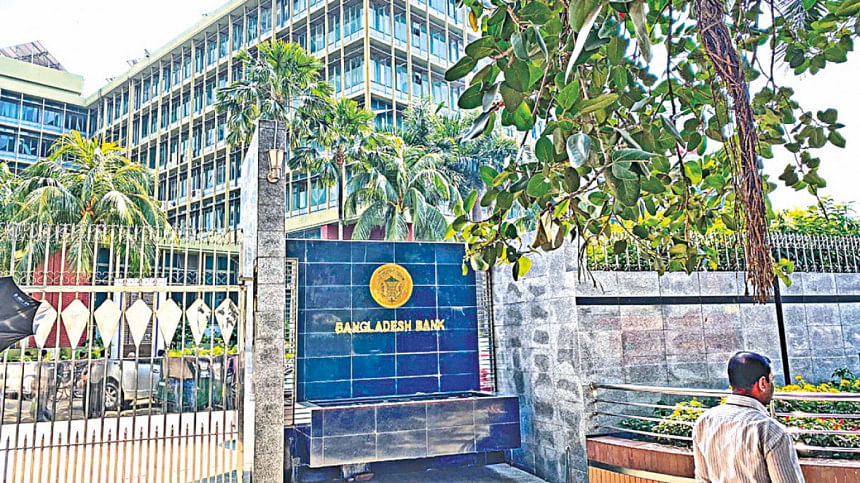Businesses seek relaxed loan classification rules

Business leaders have presented nine demands to the central bank, including an exit policy, relaxed loan classification rules, and faster disbursement of cash incentives, as they struggle to sustain their industrial institutions amidst ongoing economic hardship.
A delegation of business leaders, led by Anwar-Ul-Alam Chowdhury (Parvez), president of the Bangladesh Chamber of Industries (BCI), submitted their demands during a meeting with Bangladesh Bank Governor Ahsan H Mansur yesterday at the central bank headquarters.
During the meeting, the business delegation highlighted the current economic challenges. Chowdhury stated that sales across industries have declined due to high inflation, while production has dropped by 30 to 40 percent because of elevated loan interest rates and rising electricity and gas prices.
He further emphasised that the survival of industrial institutions is increasingly difficult due to restrictions on opening letters of credit (LCs), limited credit growth in the private sector (currently at 7.66 percent), the rise in gas prices for new connections, and increased taxes and VAT on various products as per recommendations from the International Monetary Fund (IMF).
The BCI president said sales across industries have declined due to high inflation, while production has dropped by 30 to 40 percent because of elevated interest rates for loans
The business leaders stressed that the survival of industries is critical to ensuring the stability of foreign exchange reserves.
The delegation requested Bangladesh Bank to implement an exit policy allowing a repayment period of up to 15 years, including a one-year grace period. Such a policy would enable borrowers to settle their accounts by paying a reduced down payment without accruing interest.
In 2019, the central bank introduced a one-time exit policy offering borrowers a 10-year repayment period, including a one-year grace period, with a down payment of only 2 percent.
After the meeting, Chowdhury told journalists that an exit policy, similar to those in other countries, is urgently required. He also mentioned that the central bank is already considering such a policy and has formed a committee to address it.
The delegation's other demands included relaxing loan classification rules, treating individual companies as separate entities rather than grouping them under a single classification, speeding up the disbursement of cash incentives, increasing the single borrower exposure limit, developing mechanisms to offer lower interest rates for manufacturing industries, facilitating long-term financing, reducing CMSME interest rates, and extending economic zone benefits to existing factories.
The delegation included Md Anwar Hossain, administrator of BGMEA; Nazmul Hassan Sohail, senior vice-president and acting president of LFMEAB, and Abdul Haque, president of BARVIDA, among others.

 For all latest news, follow The Daily Star's Google News channel.
For all latest news, follow The Daily Star's Google News channel. 



Comments